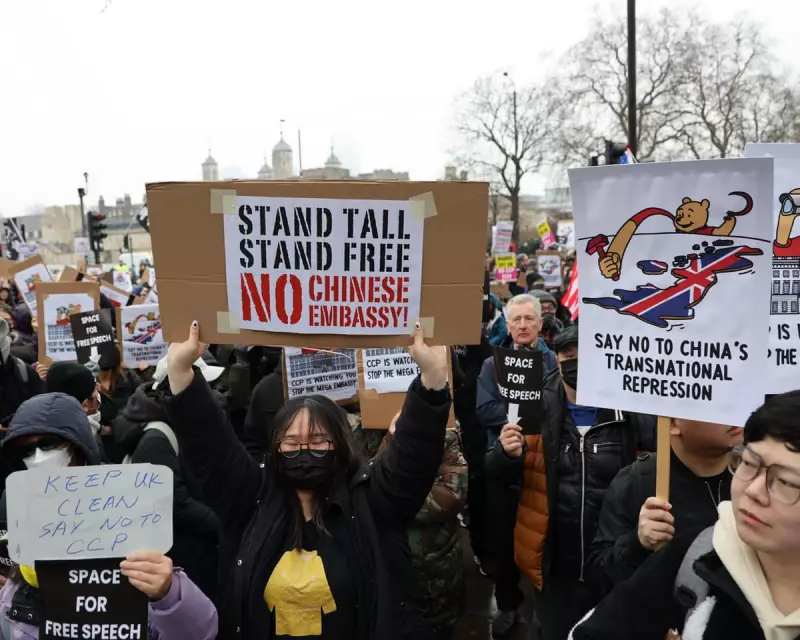
UK government ministers are facing accusations of potentially unlawful conduct over their handling of China's controversial new London embassy plans, according to a damning legal analysis obtained by The Guardian.
The Planning Permission Controversy
At the heart of the scandal lies the question of whether ministers provided private assurances to Chinese officials that their planning application for a new £250 million embassy complex would be approved, before the formal planning process had concluded.
The legal opinion, prepared by a leading planning law barrister, suggests that any such advance promises could render the entire approval process unlawful. "If ministers gave any form of prior assurance that the application would be approved, this would fundamentally undermine the integrity of the planning system," the analysis states.
Diplomatic Immunity vs Planning Law
The case highlights the delicate balance between diplomatic protocol and UK planning regulations. While embassies enjoy certain protections under international law, they are not exempt from local planning rules.
Key concerns raised by legal experts include:
- Whether ministers improperly interfered in the planning process
- The potential breach of planning law principles requiring decisions to be made on planning merits alone
- Questions about transparency in UK-China diplomatic relations
- The precedent this could set for future diplomatic property developments
Growing Political Backlash
The revelations have sparked outrage among MPs and planning experts. Several parliamentarians are now calling for a full investigation into the government's handling of the matter.
"This isn't just about planning regulations—it's about the integrity of our democratic processes," said one senior MP who requested anonymity. "If ministers are making backroom deals with foreign powers about planning applications, it completely undermines public trust."
The controversy comes at a sensitive time for UK-China relations, with growing concerns about Chinese influence in British affairs. The embassy project itself has faced multiple objections from local residents and security experts concerned about the scale and location of the proposed development.
As pressure mounts on the government to clarify its position, this case continues to raise fundamental questions about how Britain balances diplomatic relations with the rule of law.





